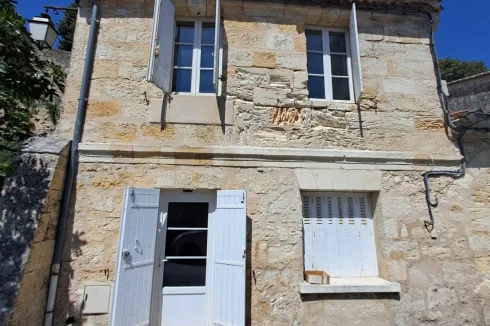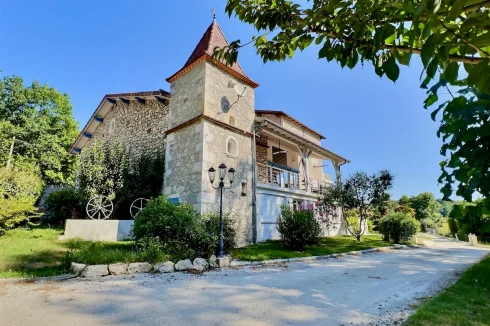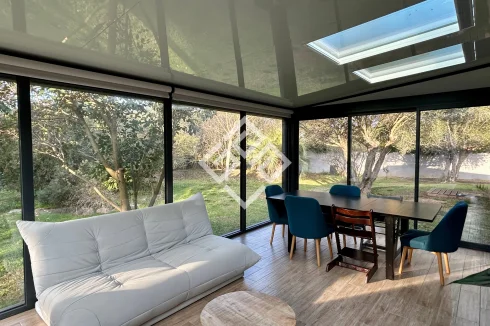Planning Permission and Easements
Wednesday 06 January 2016
Planning permission in France is always granted subject to the private property rights of others.
If you are planning new build or major renovation works on your French property you will normally be required to obtain authorisation to carry out the works.
This authorisation may take the form of either a planning consent (permis de construire) or a works declaration (déclaration préalable de travaux).
Administrative consent is always granted on a conditional basis, but whatever the conditions that may be attached the consent implies that the proposals comply with the local and national planning regulations.
However, such consent does not imply that you have the right to do whatever you wish, irrespective of the civil property rights of third parties who may be affected by the works.
On the contrary, planning or works consent generally says nothing about such rights, and it is always an implied term of such consent that it is granted subject to the civil rights of third parties.
In the English language these rights are known as 'easements' and in French they are known as 'servitudes'.
Although you may live in the countryside and think yourself safe from such intrusions, remember that you have a boundary with a neighbour and this boundary is subject to very important range of easements.
There are many different types of easements in France, some deriving from the code civil, some as a result of agreement between neighbours, and some that simply derive naturally out of necessity by virtue of the position of the properties.
Amongst some of the more important easements are:
- rights of way;
- the right of light;
- the right of a view;
- the right of maintenance;
- the dispersal of free flowing water or water from rainwater goods;
- the distance of trees and shrubs from boundaries;
- the height of a boundary wall;
- the ownership of a dividing wall or fence.
Apart from rights of way, rights concerning easements are always present, whether or not you are proposing to carry out building works.
Sometimes local authorities formally incorporate provisions on easements into their planning regulations, so that there is a coincidence between planning rules and the civil code. However, this is not common in rural areas, where detailed local plans rarely exist.
The quality of the easement will depend on the facts of each case.
You can read more about them in our Guide to Property Rights in France.
Thank you for showing an interest in our News section.
Our News section is no longer being published although our catalogue of articles remains in place.
If you found our News useful, please have a look at France Insider, our subscription based News service with in-depth analysis, or our authoritative Guides to France.
If you require advice and assistance with the purchase of French property and moving to France, then take a look at the France Insider Property Clinic.





